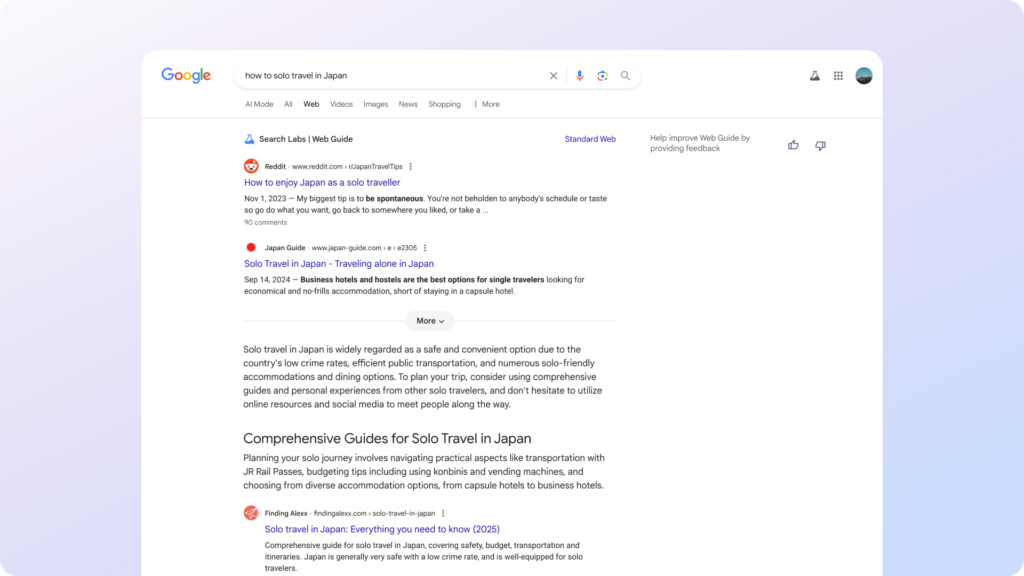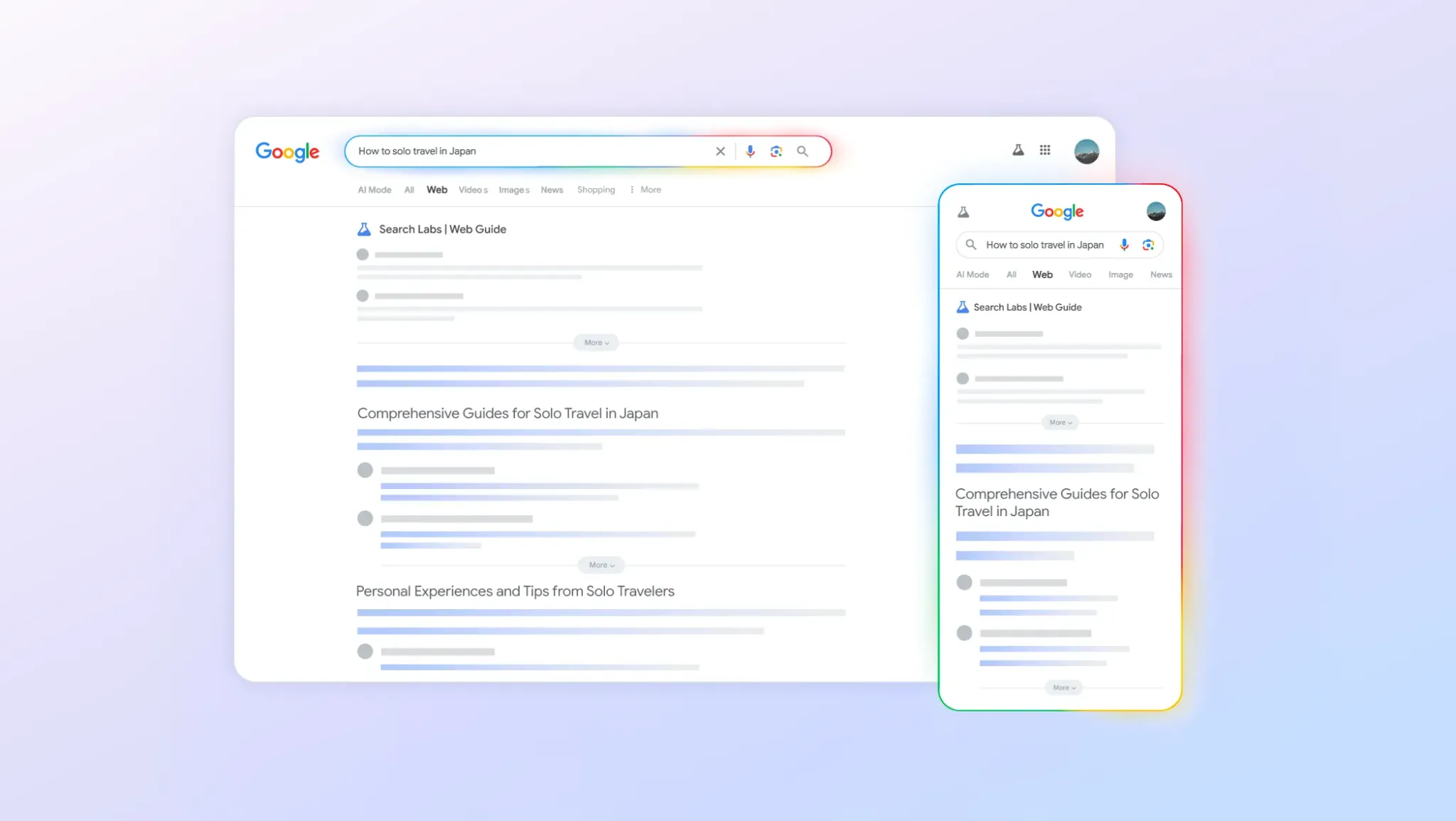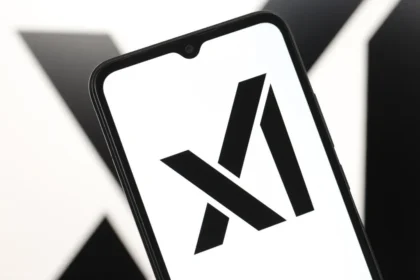On Thursday, Google unveiled a new AI-driven feature called Web Guide, designed to organise search results more intelligently. Currently available as part of Google’s Search Labs experiments, Web Guide uses artificial intelligence to group search results by topic, offering users a more structured and insightful way to explore information.
Search Labs is Google’s testbed for experimental features, allowing users to opt into trials like AI Mode, Notebook LM, the video tool Flow, and even niche ideas like audio news digests from Google Discover. Web Guide is the latest addition; an evolution of the “fan-out” display approach already used in AI Mode.
Related: Google Chrome for iOS Now Supports Easy Switching Between Work And Personal Profiles
Powered by Google’s Gemini AI model, Web Guide analyses user queries to better understand their intent, then organises related webpages into topic-based clusters. This helps surface information that might otherwise be buried in traditional search results.

Image Credits:Google
The tool is especially helpful for open-ended or complex queries. For example, a search like “how to solo travel in Japan” could return sections such as travel guides, safety tips, and personal stories from travellers. Similarly, a more detailed question like “My family is spread across time zones—how do we stay connected?” might return grouped resources on communication tools, relationship tips, and tech solutions.
Web Guide currently appears only in the Web tab for users who opt in. However, it can be easily disabled from within that tab without exiting the experiment altogether. Google plans to gradually expand Web Guide to other parts of Search, including the main All tab.
By offering smarter organisation of content, Web Guide aims to make the search experience more dynamic and tailored especially for nuanced or exploratory questions.







